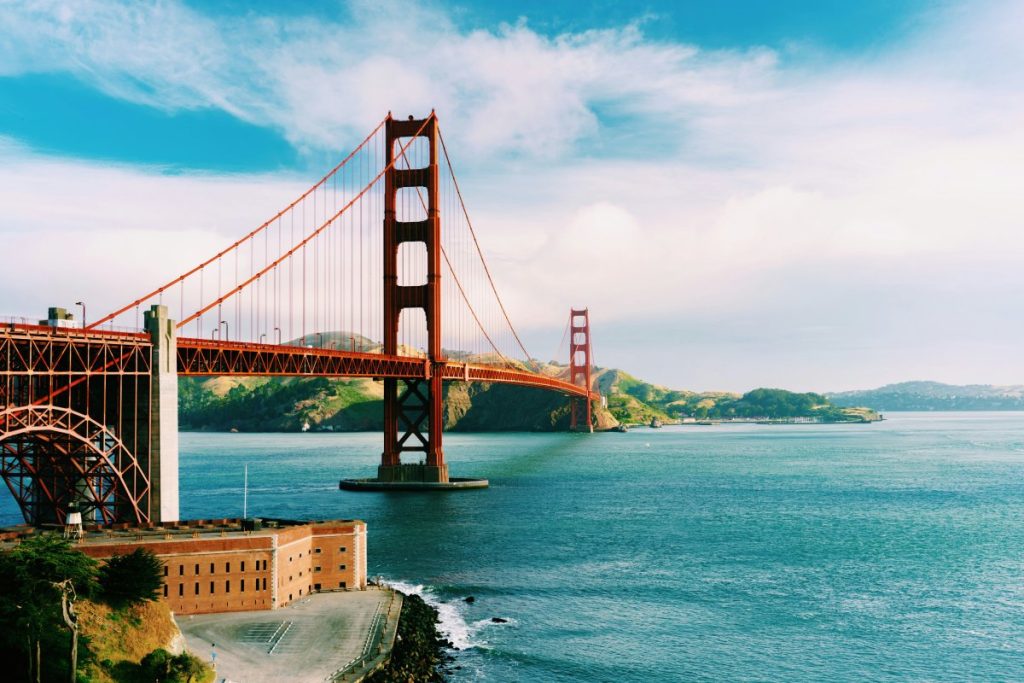Despite a deep downturn caused by the pandemic, San Francisco’s hotel sector is starting to show signs of recovery, fueled in part by the city’s growing artificial intelligence industry. Recent data from CoStar indicates that San Francisco was America’s top hotel market in mid-June, with 79% of hotel rooms filled. This positive trend was attributed to a conference on AI hosted by Databricks. May also saw an increase in hotel occupancy to 71%, up 4 points from the previous year. However, room rates have remained relatively flat over the past five months, indicating that the road to full recovery is still long.
While there has been some improvement in the city’s convention business, a key component of its hospitality sector, the pace of recovery remains slow. The disruption brought on by the pandemic has resulted in a significant gap in the city’s convention calendar, particularly in 2024. Large conventions drawing over 45,000 attendees may have decided to move away from San Francisco permanently due to the city’s limited hotel capacity. This limitation, coupled with challenges in marketing and selling the city during the pandemic, has created a challenge for hosting massive events in the future.
Despite these challenges, the rise of artificial intelligence in San Francisco has injected new life into the commercial real estate market. The influx of tech companies, particularly those focused on AI, has driven demand for accommodations, especially in the luxury segment. This growth in the tech sector has the potential to offset some of the challenges faced by the city’s traditional hospitality industry, providing a glimmer of hope for the future.
However, not all tourism operators have been eager to return to San Francisco. Some tour operators reduced their trips to the city last year due to negative customer feedback, particularly regarding safety concerns. G Adventures, for example, cut the number of days it spent in the city and currently has no plans to return. The shift to remote work has also impacted San Francisco’s downtown core, with office occupancy rates declining and the once-vibrant central business district struggling to attract visitors and conferences.
Despite these challenges, there are reasons for optimism. The city has made efforts to address issues of crime and public safety, which were major concerns for visitors in the past. Dylan David, founder of Dylan’s Tours and a San Francisco native, noted improvements in the city’s atmosphere, with a decrease in crime and open-air drug markets compared to a year ago. However, with many companies adopting a hybrid work model that reduces foot traffic in downtown areas, full recovery to pre-pandemic levels may take time. While San Francisco’s AI industry shows promise, the city’s hospitality sector still faces uphill battles in the journey towards full recovery.















